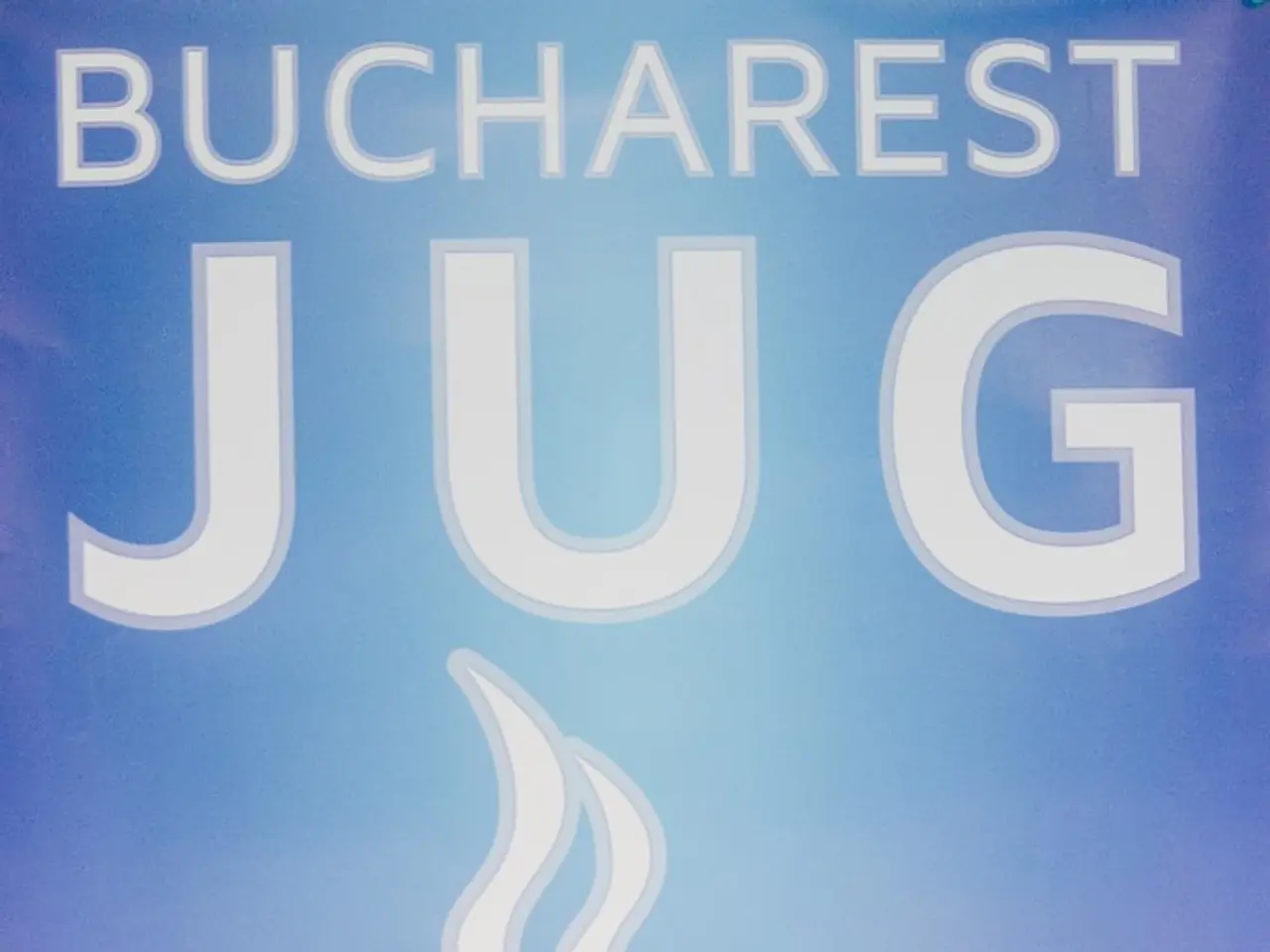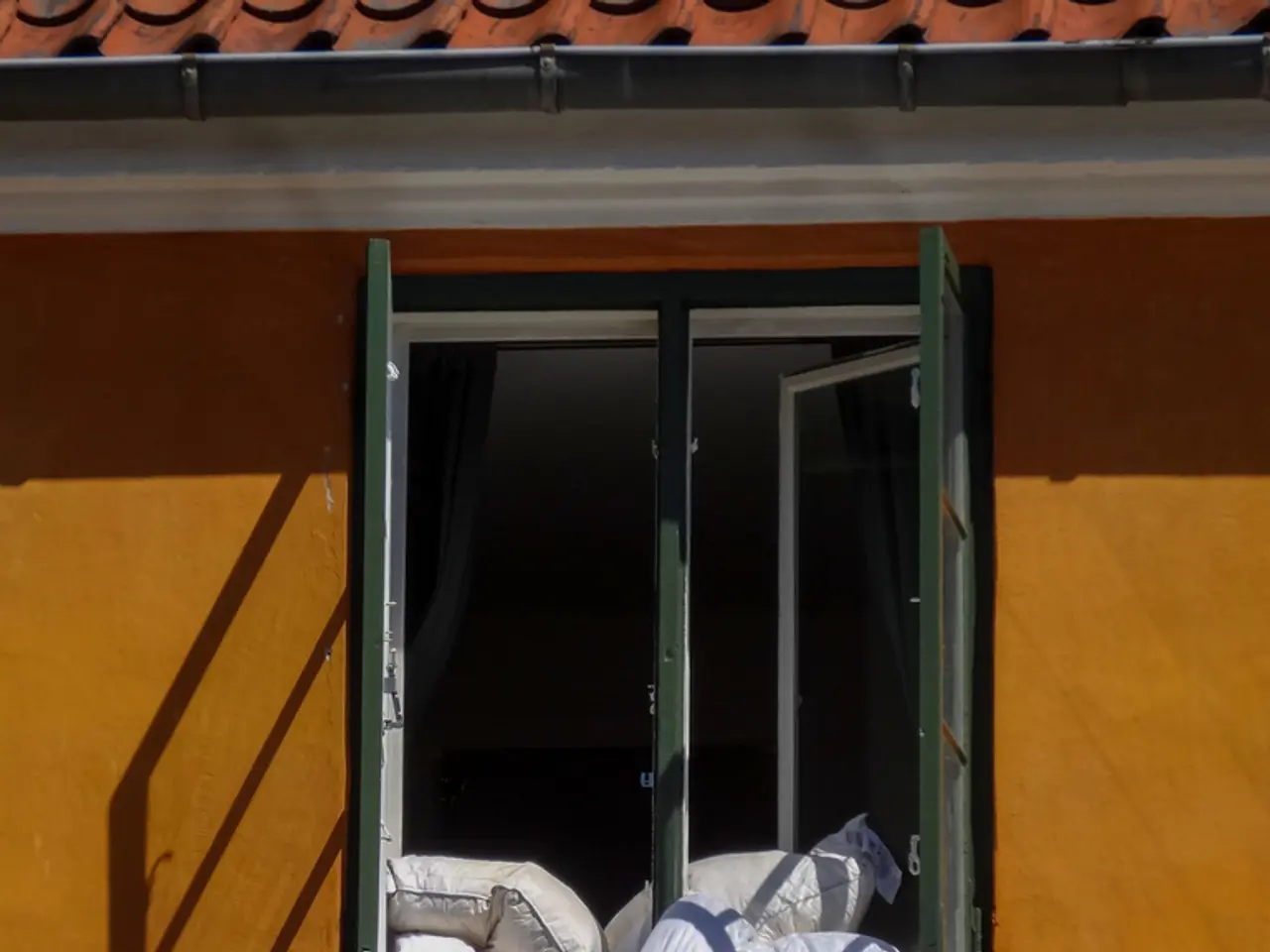Trump's 'Percplexing' Duties on High-End Goods Imports
The Swiss luxury watch industry, a significant contributor to the country's economy, is bracing for potential turbulence following President Trump's proposed 39% tariff on Swiss goods. This tariff, slated to take effect on August 7, is expected to have far-reaching implications, particularly for the U.S., Switzerland's primary trade partner.
The tariff, if implemented, could severely impact the demand for Swiss luxury watches in the U.S. Market. For instance, a steel Rolex Submariner, currently priced around $10,000, could see prices nearly double to $14,000 due to the tariffs, significantly dampening consumer purchases. This could drive increased demand in the secondary/pre-owned market as buyers seek to avoid new tariffs.
The Swiss watch industry, employing thousands of artisans and contributing roughly $29.5 billion in exports annually, stands to bear the brunt of this tariff increase. Other industries relying on precision instruments and other Swiss exports could also be affected. The increased prices could put pressure on Swiss employment within watchmaking and associated sectors due to decreased export revenue.
Switzerland's predicament is particularly challenging given that other high-end watchmaking countries like Germany and Japan face tariffs nearly half as high—15% for both countries, compared to 39% for Switzerland. This competitive disadvantage in the U.S. market could give price advantage to non-Swiss luxury watchmakers.
Negotiations between Swiss officials and U.S. counterparts to mitigate these tariffs appear to have yielded no results, with Switzerland’s president leaving Washington without a deal to lower the 39% tariff.
The U.S. is the top foreign market for Swiss watches, with exports growing 14% each year since 2019. The proposed tariffs have already had an impact, with Swiss watch exports falling each month since April, dropping 9.5% in May and 5.6% in June. Shares of major watch companies like Richemont, which owns Jaeger-LeCoultre and Cartier, have also seen declines.
The tariff could still be negotiated down before Trump's August 7 deadline, and the deadline could be extended. However, the proposed tariffs threaten to significantly disrupt the Swiss luxury watch industry and related precision manufacturing sectors, both economically and politically.
In the meantime, the global market has shown signs of instability following Trump's tariff proposal, leading to the suspension of the April 9 implementation date. Other industries in Switzerland, such as Nestle's Nespresso coffee, Lindt chocolate company, Mettler Toledo precision instrument maker, and medical device manufacturers Alcon and Sonova, could also feel the ripple effects.
As the August 7 deadline approaches, the Swiss luxury watch industry and related sectors anxiously await developments in U.S.-Swiss economic relations.
- The potential impact of the proposed tariff on the Swiss luxury watch industry could extend beyond its direct effects, potentially affecting other sectors relying on Swiss precision instruments within the country, such as Nestle's Nespresso, Lindt, Mettler Toledo, Alcon, and Sonova.
- The U.S. political landscape, with its proposed 39% tariff on Swiss luxury watches, is significantly impacting the finance sector, as evidenced by the declining shares of major watch companies like Richemont and the steady decrease in Swiss watch exports since April.




